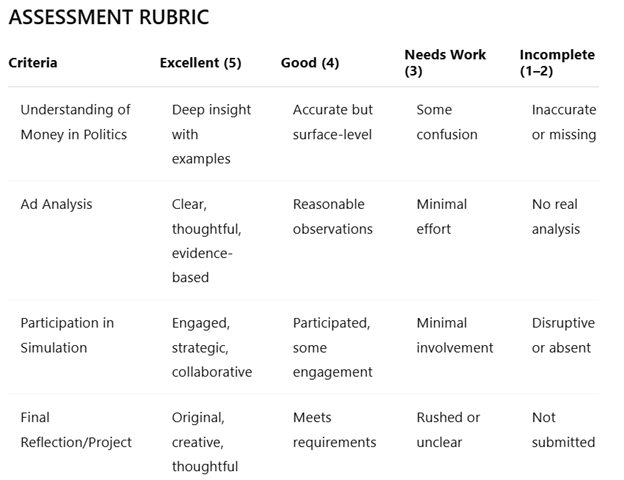 A Boston-born lesson in power, money, and how not to get played by billionaires. While seeing Elon Musk announce that he's starting his own political party is a bit more believable than, say, seeing Sox iconic old school manager Don Zimmer flailing around on the Fenway infield grass in a Yankee uniform, it still makes you wonder: "How the F can this possibly happen?" This isn't satire. It’s reality. A hyper-wealthy, ultra-visible tech mogul can now decide to bypass both political parties, fund his own version of the future, and stack the media with paid influencers to make it sound like revolution. And guess what? It’s completely legal. Forget storming the castle. The new American revolution comes with a Super PAC and a livestream. How Is This Legal? Because our campaign finance system is softer than the middle of a Dunk's Boston Creme donut. Here’s how it works:
What’s Supposed to Stop This? In theory?
So What Can We Do? Well, we can’t outspend Elon. But we can out-learn him. Because the most powerful thing in a democracy isn’t money—it’s an educated public. And the best place to start building that? The dinner table and the classroom. Because let’s be honest—if we’re old enough to remember the shock of seeing Don Zimmer go down in pinstripes, we should be wise enough to teach the next generation how not to get blindsided by billionaires doing backflips through legal loopholes. Enter the LERN teaching module designed to help students, teachers, and even skeptical adults understand just how deep this rabbit hole goes—and what we can do about it. LERN Teaching Module: Power, Money, and Democracy: Who’s Actually in Charge Around Here? OVERVIEW Here's a creative and interactive teaching module designed to help young adults understand campaign finance, media influence, and the role of wealth in U.S. politics. Ideal for middle school, high school, or early college students. Emphasis on current events, critical thinking, and student-led discovery. Adaptable for civics, history, media studies, or social justice curricula. LEARNING OBJECTIVES
LESSON STRUCTURE (3 CLASS SESSIONS) Session 1: The Price of Power Topic: How political parties and campaigns get funded. Activity: "Follow the Money" Treasure Hunt
Session 2: Ads, Influence, and Algorithms Topic: How media and money shape public opinion. Activity: TikTok & YouTube Ad Analysis
Homework: Write a short reflection: Have you ever been influenced by an ad without realizing it? Be honest. Session 3: Let’s Rewrite the Rules Topic: What can we do about it? Activity: Simulation Game — “So You Want to Be a Billionaire”
Final Project Prompt (Optional): Choose one:
MATERIALS NEEDED:
NOTES TO EDUCATORS:
To learn more about the kind of betrayal Boston fans never forget—and the man who went from Sox legend to Yankees brawler—read our blog: → Don Zimmer and the Ghost of Fenway
0 Comments
Leave a Reply. |
|


 RSS Feed
RSS Feed